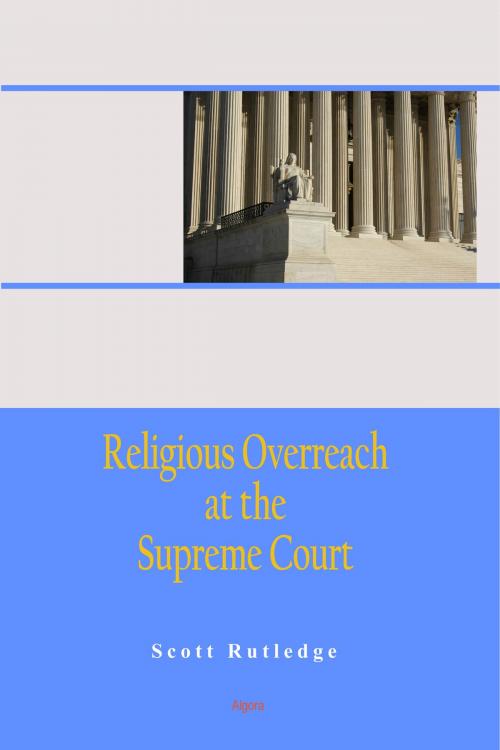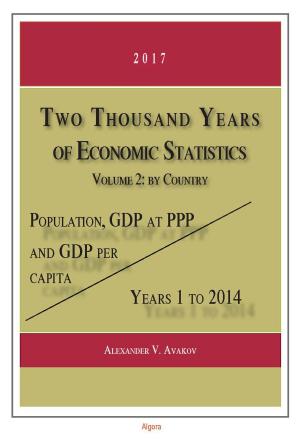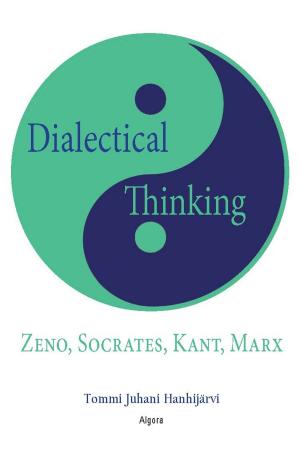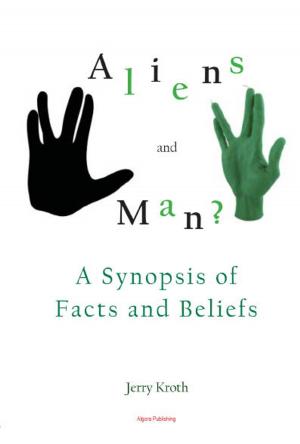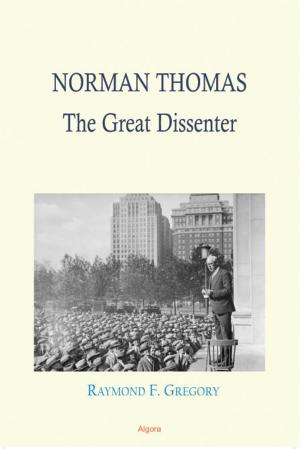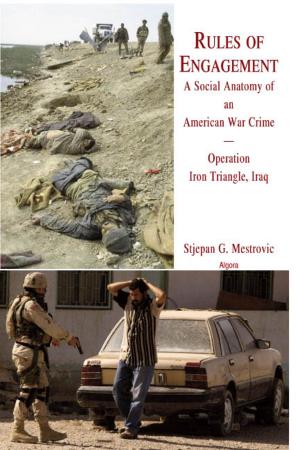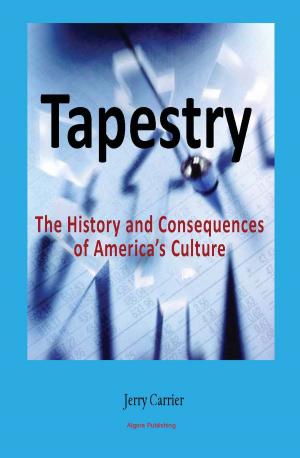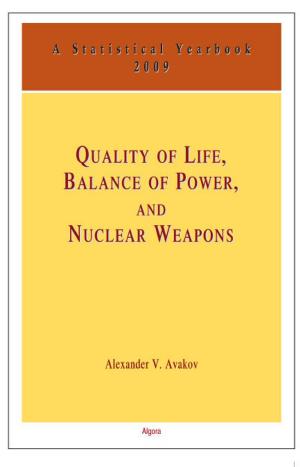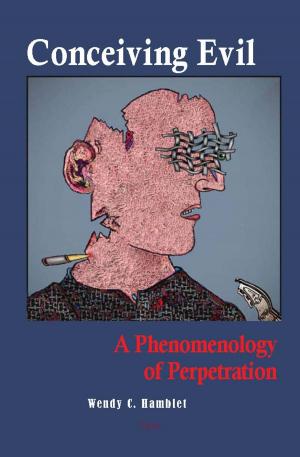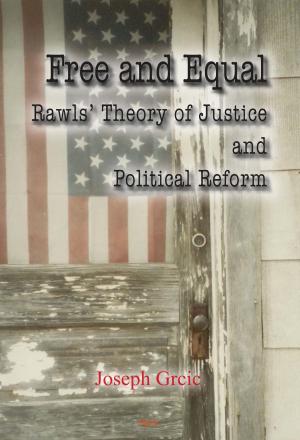Religious Overreach at the Supreme Court
Nonfiction, Social & Cultural Studies, Political Science, Government| Author: | Scott Rutledge | ISBN: | 9781628943627 |
| Publisher: | Algora Publishing | Publication: | December 15, 2018 |
| Imprint: | Algora Publishing | Language: | English |
| Author: | Scott Rutledge |
| ISBN: | 9781628943627 |
| Publisher: | Algora Publishing |
| Publication: | December 15, 2018 |
| Imprint: | Algora Publishing |
| Language: | English |
The U.S. Supreme Court has ceased to be a strictly legal institution, if it ever was one. That’s why we see such impassioned political struggles over any appointment of a new Justice. The contentiousness includes, moreover, the nature of the role which the Justices now claim for themselves, that of an originator of new laws and policies. The question is explored here through a careful selection and reassessment of a dozen very interesting and controversial cases.
A central role of the Supreme Court is the assessment of our laws, state and federal, for conformity with the authorizations and limitations set forth in the Constitution. When the Justices issue rulings which lack any persuasive connection, sometimes even any plausible connection to the constitutional text, what is happening? Many Americans are perplexed, or distressed — or occasionally inspired — by the nation’s highest tribunal. The Court’s power now rivals that of the legislative and executive branches, and the Justices’ ambitions often seem vast. The author argues that the Court has handed down decisions which are essentially religious in character, while speaking the language of constitutional interpretation.
The U.S. Supreme Court has ceased to be a strictly legal institution, if it ever was one. That’s why we see such impassioned political struggles over any appointment of a new Justice. The contentiousness includes, moreover, the nature of the role which the Justices now claim for themselves, that of an originator of new laws and policies. The question is explored here through a careful selection and reassessment of a dozen very interesting and controversial cases.
A central role of the Supreme Court is the assessment of our laws, state and federal, for conformity with the authorizations and limitations set forth in the Constitution. When the Justices issue rulings which lack any persuasive connection, sometimes even any plausible connection to the constitutional text, what is happening? Many Americans are perplexed, or distressed — or occasionally inspired — by the nation’s highest tribunal. The Court’s power now rivals that of the legislative and executive branches, and the Justices’ ambitions often seem vast. The author argues that the Court has handed down decisions which are essentially religious in character, while speaking the language of constitutional interpretation.
